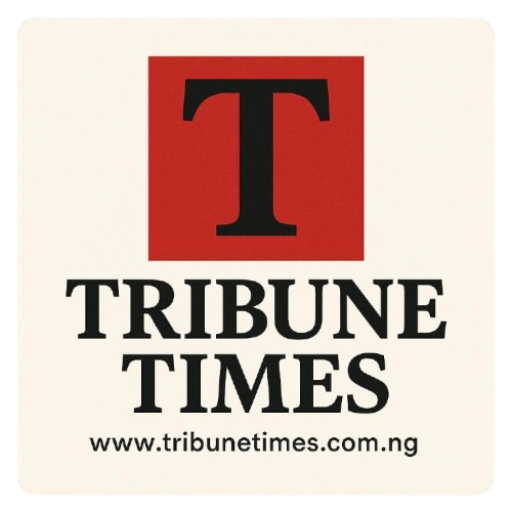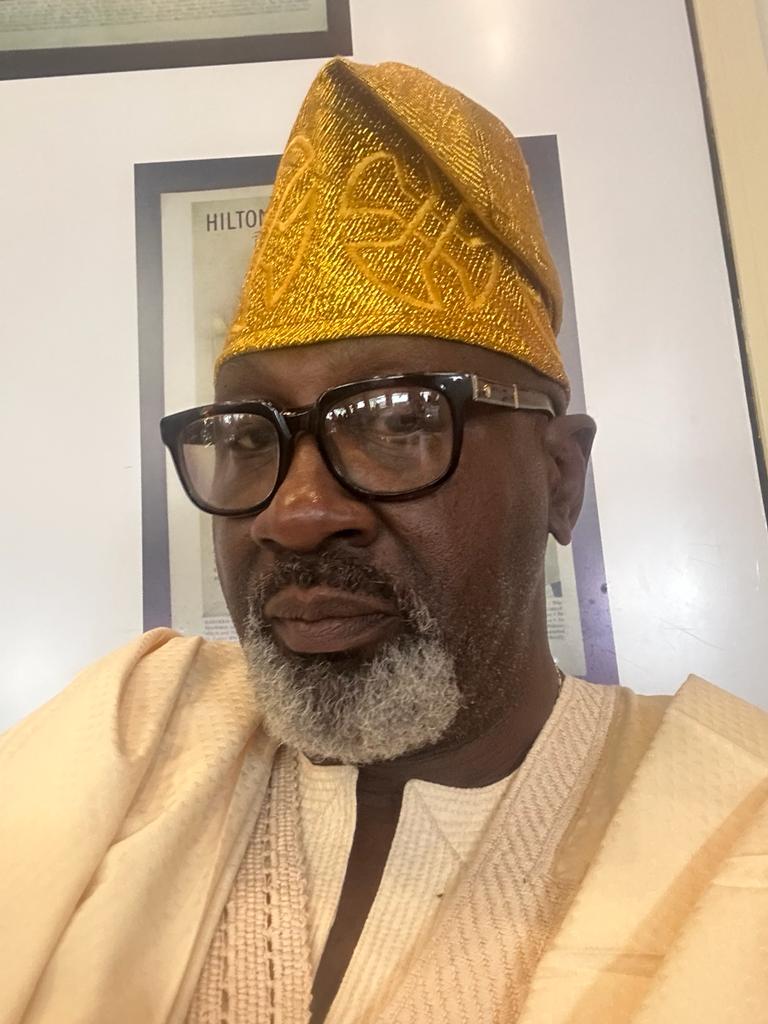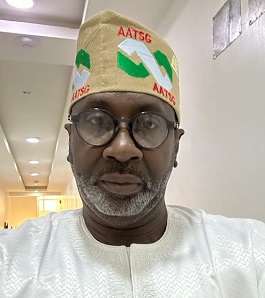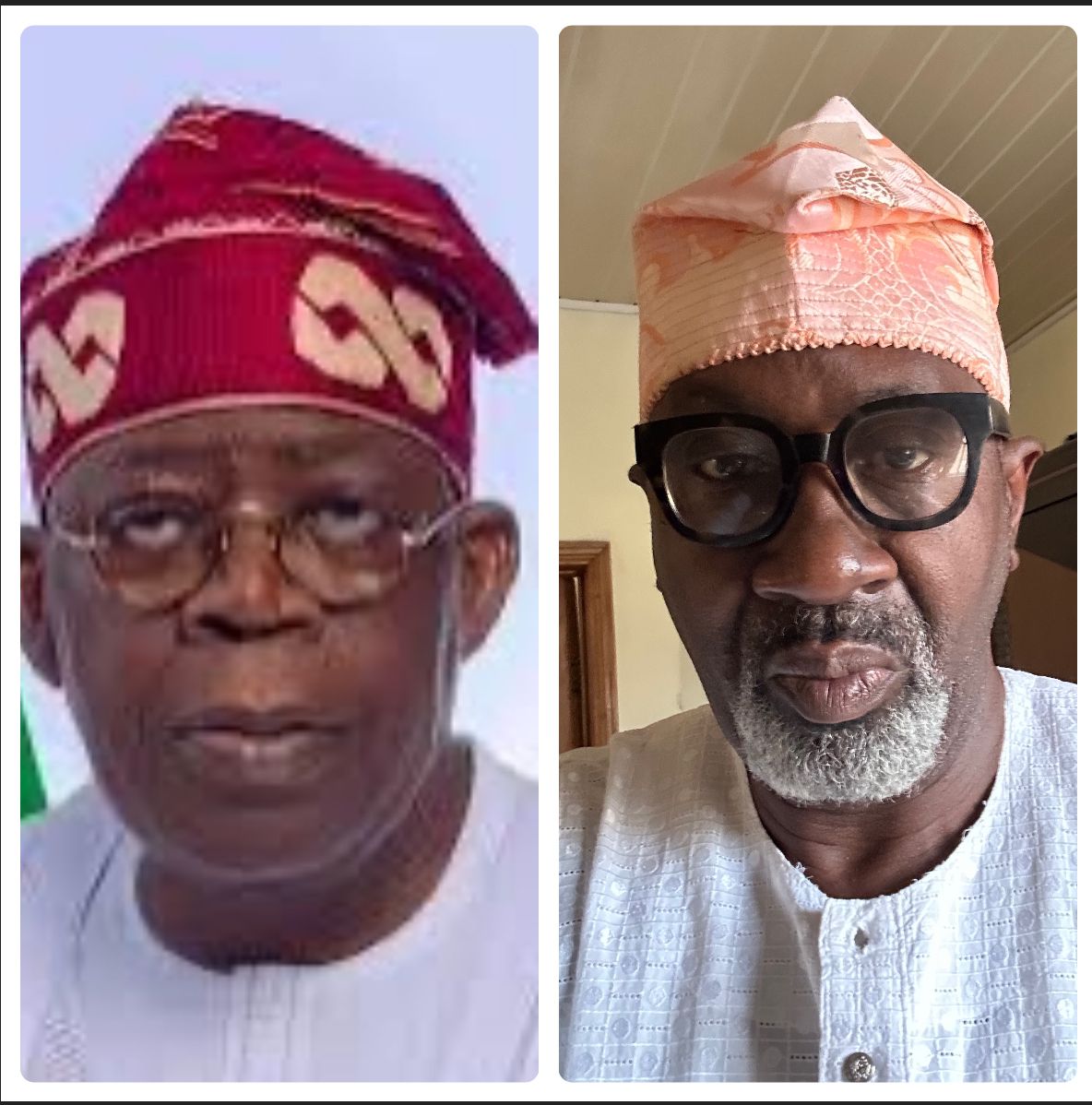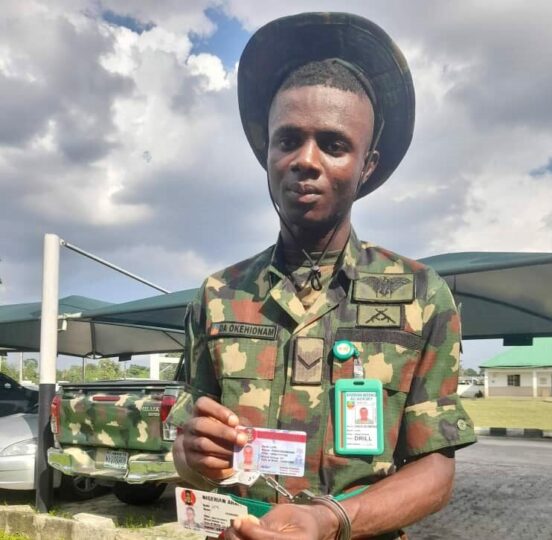The Story of Lagos, the use of ijebu land and the creation of Lagos State. – Otunba Abayomi Odunowo
Throughout history, Lagos Island has been a central hub for various ethnic groups and cultures. It is a place where the Nupe, Tapa, Ekiti, Oyo, Egun and many other people may share some connections and stories. However, it is important to note that these groups have no rights to, nor patrimony in Ijẹ̀buland.
When discussing the area, it is crucial to differentiate between Lagos Island and Ijẹ̀buland. The former is a distinct entity that can be claimed by various ethnic groups, while the latter is the rightful patrimony of the Yoruba people. It is essential to avoid blurring this demarcation, as it holds significant historical and cultural importance.
The creation of “Lagos State” on May 5, 1967, further highlights the distinction between Lagos Island and Ijẹ̀buland. While the state encompasses a larger area, including land that was traditionally part of Ijẹ̀bu, it is crucial to recognize and acknowledge the historical ownership and rights of the Yoruba people to their ancestral land.
By continuing to refer to the entire area as “Lagos,” there is a risk of perpetuating the sense of entitlement that non-Yoruba groups may have towards the Yoruba coastland. This presents a challenge to the preservation and protection of the cultural and historical heritage of the Yoruba people.
It is important to emphasize the unique identity of Lagos Island and the significance of its historical ties to various ethnic groups. While the diverse cultural influences on the island contribute to its rich heritage, it is crucial to distinguish these from the distinct patrimony of Ijẹ̀buland.
The 8-square-kilometer Lagos Island holds a unique place in Nigerian history, serving as the capital of Nigeria at one point. Its historical and cultural significance cannot be underestimated or overlooked. However, it is essential to maintain clarity and accuracy when discussing the land and its heritage.
the distinction between Lagos Island and Ijẹ̀buland is vital to preserve the rights and cultural heritage of the Yoruba people. By recognizing and acknowledging this distinction, we can uphold the integrity of the historical and cultural legacy of Lagos Island and the Yoruba people. It is essential to use precise language and terminology when discussing the land and its heritage, to avoid blurring important demarcations and perpetuating misconceptions about patrimony and ownership.
The issue of “Lagos State” and the 3,570 square kilometers of Yorùba coastland, which is being wrongly claimed by others, is a matter of great concern for the Yoruba people. This piece of land, which is actually part of Ijẹ̀bu land, has been mischievously renamed Lagos State and divided from the rest of the Yoruba land.
The Yoruba people have a deep connection to this land. It holds the history, culture, and heritage of the Yoruba people. There are 51 settlements in Ijẹ̀buland, and before the British carried out ethnic cleansing in 1861-1891, the Yoruba people had a strong presence in this area. The settlements in “Lagos State”, such as Ikorodu, Ẹpẹ̣, Ibọ̀nwọ̀n, Ejìnrìn, and Ikosi-Ketu, are integral parts of the Yoruba coastland.
However, the allocation of this land as “Lagos State” was not a fair decision. The chairman of the commission which drew the state creation lines in 1966-67 was a Fulani man, Ibrahim Dasuki, who later became the Sultan of Sokoto. This signifies the influence of non-Yoruba interests in the creation of “Lagos State” and the division of the Yoruba coastland.
Looking at the map of “Lagos State” in relation to Ogun State, it becomes evident that the Yoruba coastland has been unjustly excised. This division is not only a geographical injustice but also a cultural and historical one. The Yoruba people have a legitimate claim to this land, and it should not be subject to external manipulation.
The Yoruba coast is a significant piece of the Yoruba identity, and it is the one thing that sets the Yoruba people apart from the other two major tribes in Nigeria – the Igbo and the Hausa-Fulani. It is a valuable part of our heritage, and we must fight to protect it from being stolen by those who seek to exploit it for their gain.
The creation of “Lagos State” was not a straightforward decision. It involved political maneuvering and the release of Chief Awolọwọ from prison. Fulani men, Ibrahim Dasuki and Murtala Muhammed, orchestrated the plan to divide the Yoruba coastland successfully, and they saw the inclusion of Chief Awolọwọ in Gowon’s government as a necessary step to achieve their goal.
The Yoruba people must be aware of the political machinations that have led to the divisive creation of “Lagos State” and the encroachment on our land. We cannot allow our heritage to be taken away from us. It is essential for us to stand up and fight for our rights to the Yoruba coastland, reclaiming what has been unjustly taken from us.
the Yoruba coastland is a vital part of our identity, and we must not allow it to be stolen or exploited by others. The creation of “Lagos State” and the division of our land were not fair decisions, and we must work together to rectify this injustice. The Yoruba people have a right to the Yoruba coastland, and we should not let anyone take that away from us.
Chief Awolọwọ, an Ijẹ̀bu man, played a significant role in the establishment of Lagos State in 1967. However, it is important to note that the creation of the state was a well-planned land theft orchestrated by the government in which Chief Awolọwọ served as Vice Chairman. The notion of land theft and the involvement of an Ijẹ̀bu man in the government raise complex questions about power dynamics, historical narratives, and the rights of indigenous people.
Prior to the creation of Lagos State, Chief Awolọwọ was invited to serve as Vice Chairman and Minister of Finance in the government led by Yakubu Gowon, a plateau man. This invitation came just a few weeks before the announcement of Lagos State and Chief Awolọwọ’s release from prison. His acceptance of this position has been a point of contention, with some viewing it as a betrayal of his people and their land.
It is imperative to delve into the historical context surrounding the creation of Lagos State and the involvement of Chief Awolọwọ. The complexities of Nigeria’s political landscape, the struggle for autonomy and representation, and the interplay between ethnic groups are all central to understanding the dynamics at play. The assertion that the creation of Lagos State was a calculated act of land theft is a significant claim that requires thorough examination.
The narrative also introduces the idea that the Ibos were not intended to be the main beneficiaries of Lagos State, with an emphasis on their perceived traits as “noisy, obnoxious, and tactless.” This characterization adds a layer of prejudice and bias to the discussion, potentially clouding the nuanced historical and political realities at play.
Furthermore, the assertion that “Ibo noise has finally woken up the Yorùba people” implies a reawakening and assertion of Yorùba identity and agency. This reflects a clear stance on preserving and reclaiming cultural heritage and territorial rights. It also signals a shift in attitudes and a call for solidarity within the Yorùba community.
The suggestion to rename Lagos State as Ijẹ̀bu State further illustrates the desire to highlight the historical and cultural significance of Ijẹ̀buland. The call to acknowledge and preserve the heritage of the Ijẹ̀bu people is a powerful statement that resonates with the broader discourse on indigenous rights and representation.
In conclusion, the exploration of Chief Awolọwọ’s role as an Ijẹ̀bu man in the creation of Lagos State raises essential questions about land rights, historical narratives, and the complexities of political power. The narrative presented here underscores the need for a nuanced and comprehensive understanding of historical events and the diverse perspectives that shape them. It also highlights the importance of advocating for the preservation and recognition of indigenous cultural heritage and territorial rights. Ultimately, addressing these issues requires thoughtful consideration, empathy, and a commitment to inclusive and equitable representation.
Otunba Abdulfalil Abayomi Odunowo
National Chairman AATSG.
9th February, 2024
Do you have any information or event for TribuneTimes to publish or cover? Kindly Call us on +2349053535322 or send us message on Whatsapp number +2349053535322 or send us an email here
